Nobel Peace Prize 2022: Ten of the most famous winners - including Barack Obama and Malala Yousafzai
and live on Freeview channel 276
The Nobel Peace Prize is often regarded as the highest honour a person or organisation can receive.
The prize has been awarded annually by the Norwegian Nobel Committee since 1901, with a few exceptions such as during the first and the second world wars.
Advertisement
Hide AdAdvertisement
Hide Ad109 individuals and 29 organisations have won the award including several American presidents and the International Committee of the Red Cross.
As we look towards the 2022 winner being announced on Friday October 7, we have listed ten of the most well known people and organisations who has taken home the award over the years.
Ten of the most famous previous winners of the Nobel Peace Prize
Barack Obama, 2009
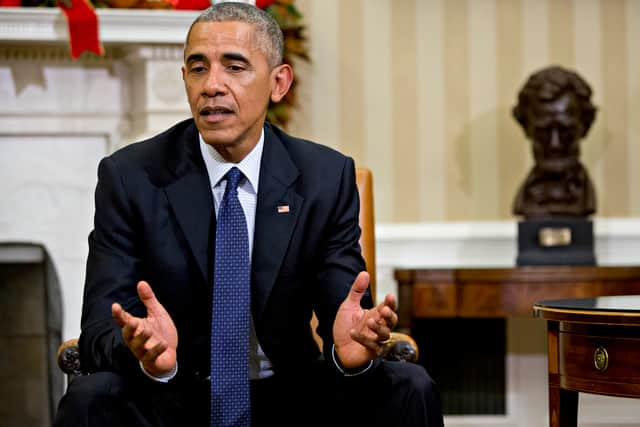

Former US president Barack Obama won the Nobel Peace Prize in 2009, his first year in office, "for his extraordinary efforts to strengthen international diplomacy and cooperation between peoples."
Malala Yousafzai & Kailash Satyarthi, 2014
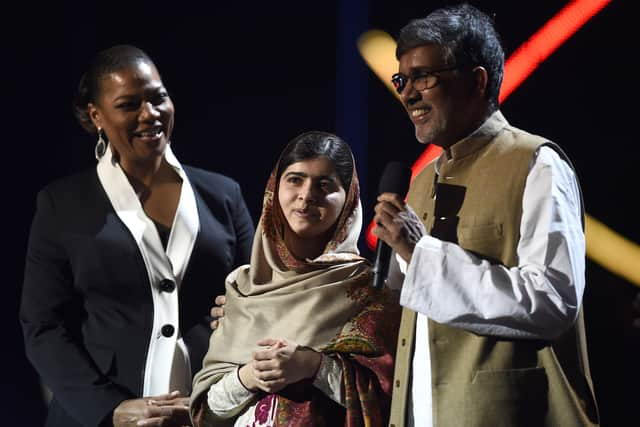

Malala Yousafzai and Kailash Satyarthi won the prize in 2014 "for their struggle against the suppression of children and young people and for the right of all children to education."
Advertisement
Hide AdAdvertisement
Hide AdMalala, born in 1997, is the youngest Nobel Prize laureate at the age of 17.
Nelson Mandela & Frederik Willem de Klerk, 1993
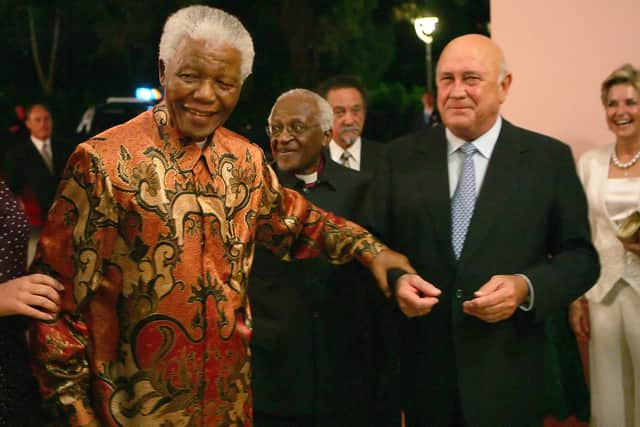

Probably two of the most famous winners, Mandela and de Klerk was awarded Nobel Peace Prize by the Norwegian Nobel Committee in 1993 "for their work for the peaceful termination of the apartheid regime, and for laying the foundations for a new democratic South Africa."
Nelson Mandela then served as president of South Africa from 1994 to 1999.
Mikhail Gorbachev, 1990
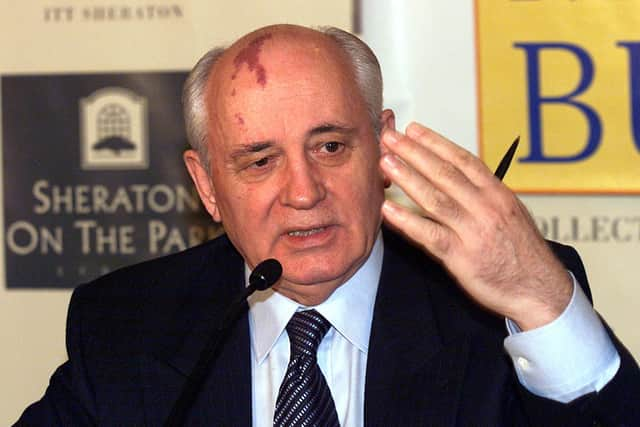

The final leader of the Soviet Union, Mikhail Gorbachev is probably best known for tearing down the Berlin Wall, following the Berlin Wall Speech by US president Ronald Reagan.
Advertisement
Hide AdAdvertisement
Hide AdGorbachev was awarded the prize in 1990 "for the leading role he played in the radical changes in East-West relations."
The European Union, 2012
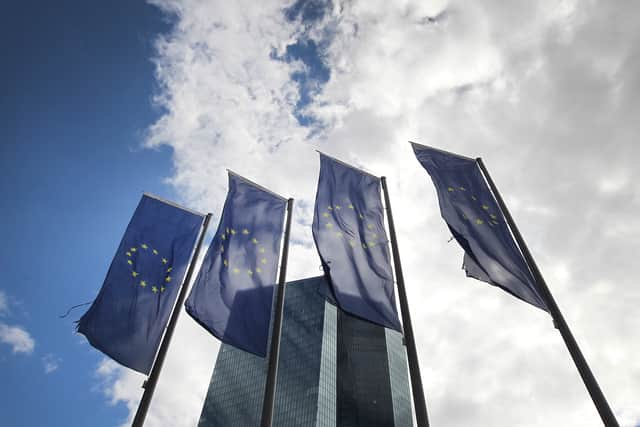

One of several organisations that has taken home the Peace Prize over the years, the European Union was chosen by the Norwegian Nobel Committee "for over six decades contributed to the advancement of peace and reconciliation, democracy and human rights in Europe”.
Other organisations to have received the award include the International Campaign to Abolish Nuclear Weapons (2017), World Food Programme (2020) and United Nations (2001).
John Hume and David Trimble, 1998
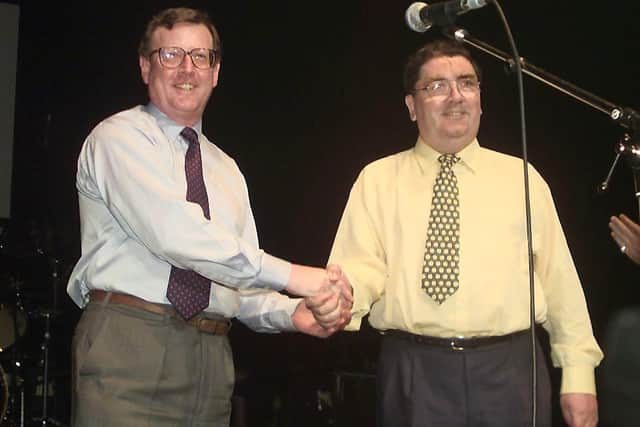

John Hume and David Trimble were key figures in ending the Troubles in Northern Ireland, and were chosen by the Norwegian Nobel Committee in 1998 "for their efforts to find a peaceful solution to the conflict in Northern Ireland" for their work on the Good Friday/Belfast Agreement.
Mother Teresa, 1979
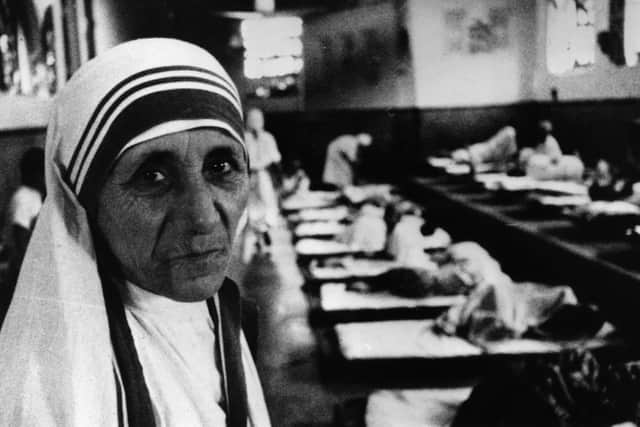

Advertisement
Hide AdAdvertisement
Hide AdMother Teresa, also known as Teresa of Calcutta, won the prize in 1979 "for her work for bringing help to suffering humanity."
Theodore Roosevelt, 1906
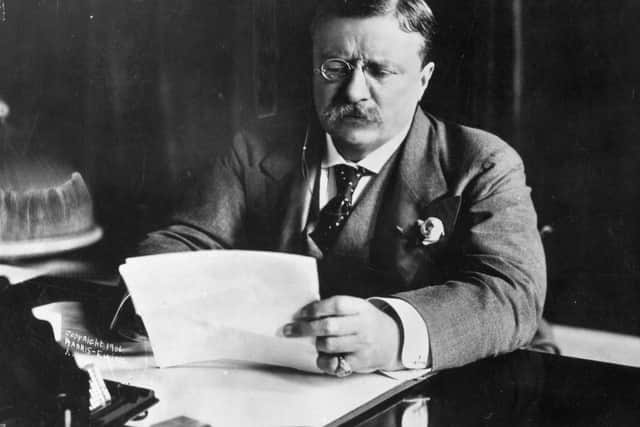

The second American president on the list, Theodore Roosevelt won the Nobel Peace Prize in 1906 "for his role in bringing to an end the bloody war recently waged between two of the world’s great powers,” after helping to end the Russo-Japanese war.
Aung San Suu Kyi, 1991
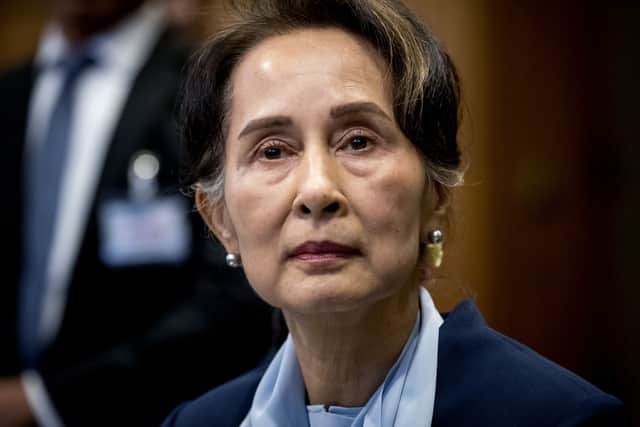

Aung San Suu Kyi won the Nobel Peace Prize in 1991 "for her non-violent struggle for democracy and human rights" in Burma, modern-day Myanmar.
Aung San Suu Kyi was arrested in 2021 following a coup d’état by the Myanmar military forces, and is currently serving a 20 year prison sentence condemned by the UN, most European countries and the United States.
Tenzin Gyatso, 14th Dalai Lama, 1989
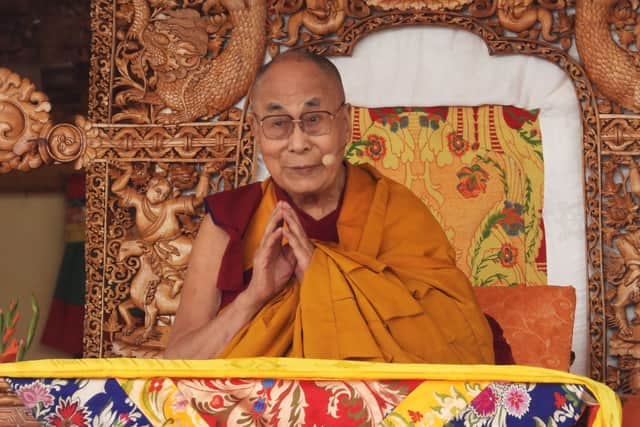

Advertisement
Hide AdAdvertisement
Hide AdThe 14th Dalai Lama, Tenzin Gyatso won the prize in 1989 "for advocating peaceful solutions based upon tolerance and mutual respect in order to preserve the historical and cultural heritage of his people."
Comment Guidelines
National World encourages reader discussion on our stories. User feedback, insights and back-and-forth exchanges add a rich layer of context to reporting. Please review our Community Guidelines before commenting.
